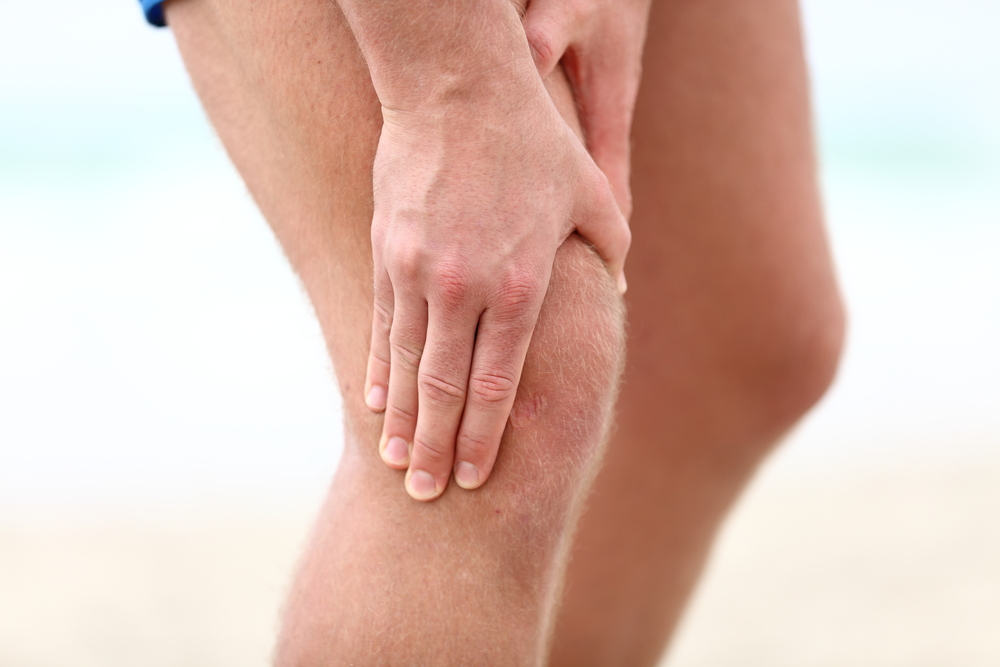Can Glucosamine and Chondroitin Ease Osteoarthritis Pain?

"The Healthy Geezer" answers questions about health and aging in his weekly column.
Question: Are glucosamine and chondroitin good for arthritis?
Answer: Arthritis is inflammation of the joints. Osteoarthritis, which affects an estimated 27 Americans, is the most common form of the condition.
Osteoarthritis develops when cartilage, the cushioning tissue in joints, wears down. By age 65, more than 50 percent of us have osteoarthritis in at least one joint. While the condition can affect any joint, it usually affects weight-bearing joints, such as the knees. Common symptoms include pain, swelling and tenderness.
Treatments for osteoarthritis include exercise, weight loss, medication and surgery. To relieve pain, doctors usually start with acetaminophen because the side effects are minimal. If acetaminophen doesn't help, then non-steroidal anti-inflammatory drugs, or NSAIDs, such as ibuprofen and naproxen, may be taken.
Many people believe glucosamine and chondroitin, two molecules in joint cartilage, can relieve the symptoms of osteoarthritis, though there is no proof of this. In the United States, glucosamine and chondroitin are sold as dietary supplements, which are regulated as foods rather than drugs.
Some studies indicate that the supplements ease pain better than placebo. The pain reduction found in these studies was similar to results obtained by NSAIDs. However, NSAIDS have side effects including gastrointestinal bleeding. Glucosamine and chondroitin have few side effects.
Sign up for the Live Science daily newsletter now
Get the world’s most fascinating discoveries delivered straight to your inbox.
While there are indications that glucosamine and chondroitin have pain-relieving benefits, the supplements have yet to pass a test that would qualify them as a primary treatment for osteoarthritis. More research is needed.
Still, some recent studies are worth knowing about.
In one study of 1,583 people—their average age was 59—glucosamine and chondroitin did not provide significant relief from osteoarthritis pain. However, in a subset of study participants with moderate to severe pain, glucosamine combined with chondroitin did provide statistically significant pain relief compared with placebo. About 79 percent of people who used the supplement combination had a 20 percent or greater reduction in pain whereas about 54 percent got relief from the placebo. Researchers said that these findings need to be confirmed by further studies because the subgroup was small.
Called the Glucosamine/Chondroitin Arthritis Intervention Trial (GAIT), the study was funded by the National Institutes of Health.
The GAIT study also examined whether or not the supplements could diminish structural damage from osteoarthritis of the knee. However, the researchers concluded that glucosamine and chondroitin appeared to perform no better than a placebo in slowing loss of knee cartilage.
Another important study analyzed the results of 10 randomized clinical trials involving more than 3,800 patients with knee or hip osteoarthritis. The researchers found no clinically relevant benefit for either chondroitin or glucosamine or a combination of the two on joint pain.
Should you try the supplements? Not without consulting your physician.
If you would like to read more columns, you can order a copy of "How to be a Healthy Geezer" at http://www.healthygeezer.com/.
All Rights Reserved © 2013 by Fred Cicetti










